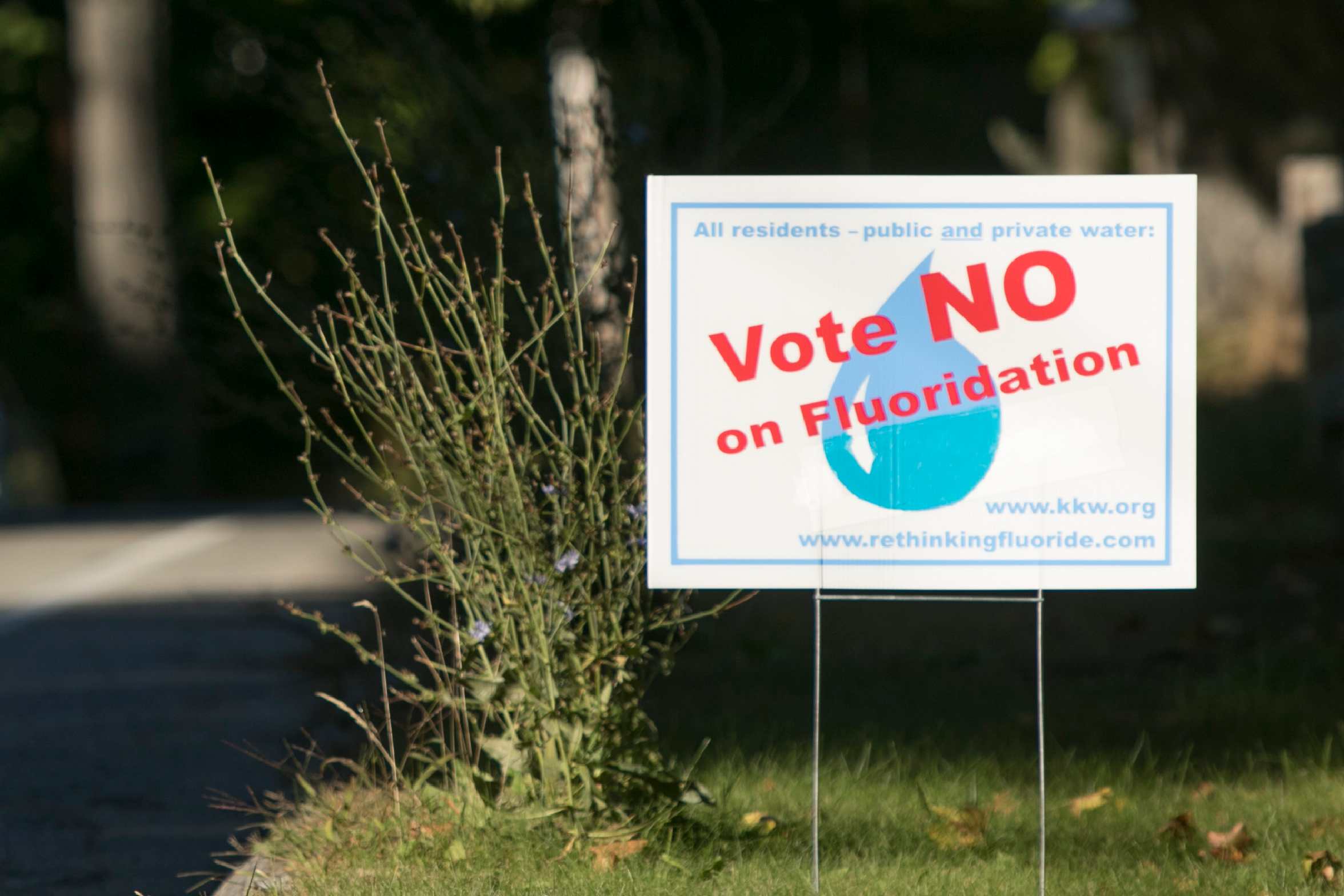…
It is a scenario playing out nationwide. From Oregon to Pennsylvania, hundreds of communities have in recent years either stopped adding fluoride to their water supplies or voted to prevent its addition. Supporters of such bans argue that people should be given the freedom of choice. The broad availability of over-the-counter dental products containing the mineral makes it no longer necessary to add to public water supplies, they say. The Centers for Disease Control and Prevention says that while store-bought products reduce tooth decay, the greatest protection comes when they are used in combination with water fluoridation.
The outcome of an ongoing federal case in California could force the Environmental Protection Agency to create a rule regulating or banning the use of fluoride in drinking water nationwide. In the meantime, the trend is raising alarm bells for public health researchers who worry that, much like vaccines, fluoride may have become a victim of its own success.
The CDC maintains that community water fluoridation is not only safe and effective but also yields significant cost savings in dental treatment. Public health officials say removing fluoride could be particularly harmful to low-income families — for whom drinking water may be the only source of preventive dental care.
“If you have to go out and get care on your own, it’s a whole different ballgame,” said Myron Allukian Jr., a dentist and past president of the American Public Health Association. Millions of people have lived with fluoridated water for years, “and we’ve had no major health problems,” he said. “It’s much easier to prevent a disease than to treat it.”
According to the anti-fluoride group Fluoride Action Network, since 2010, over 240 communities around the world have removed fluoride from their drinking water or decided not to add it.



Yes they should. Ingesting fluoride is bad for you, and it doesn’t help your teeth to drink it. That’s why small children’s toothpaste doesn’t have it, because you can’t trust them not to eat it. It’s only good when applied directly to the teeth, which can be accomplished on a daily basis by using toothpaste with fluoride and/or a mouthwash containing it, both of which you don’t drink.
Fluoride is removed from my drinking water by my reverse-osmosis filtration system, along with all the other contaminants like PFAS and lead. I’ve been drinking fluoride-free water for 10 years, and my teeth are beautiful and healthy. Anyone who drinks bottled water is also probably drinking fluoride-free water since those companies mostly use the same filtration method to produce their bottled water.
Do you have evidence?
Sure, here’s a good article with lots of info.
https://www.ncbi.nlm.nih.gov/pmc/articles/PMC3956646/
That’s not a peer reviewed study - its somebody’s editorialized book report.
Go ahead and review it then - their sources are cited.
Evidence has been presented, whether or not you agree with what it says is irrelevant.
https://www.hindawi.com/journals/tswj/2014/293019/
Link to original article. Cheers to you for citing your sources, but the authors here are massively conflating the effects of industrial fluoride exposure with residential water fluoridation in an attempt to prove a position they began with.
thanks